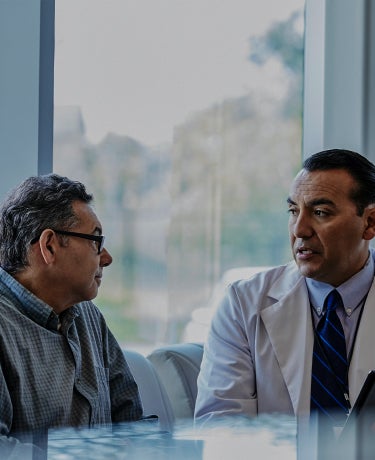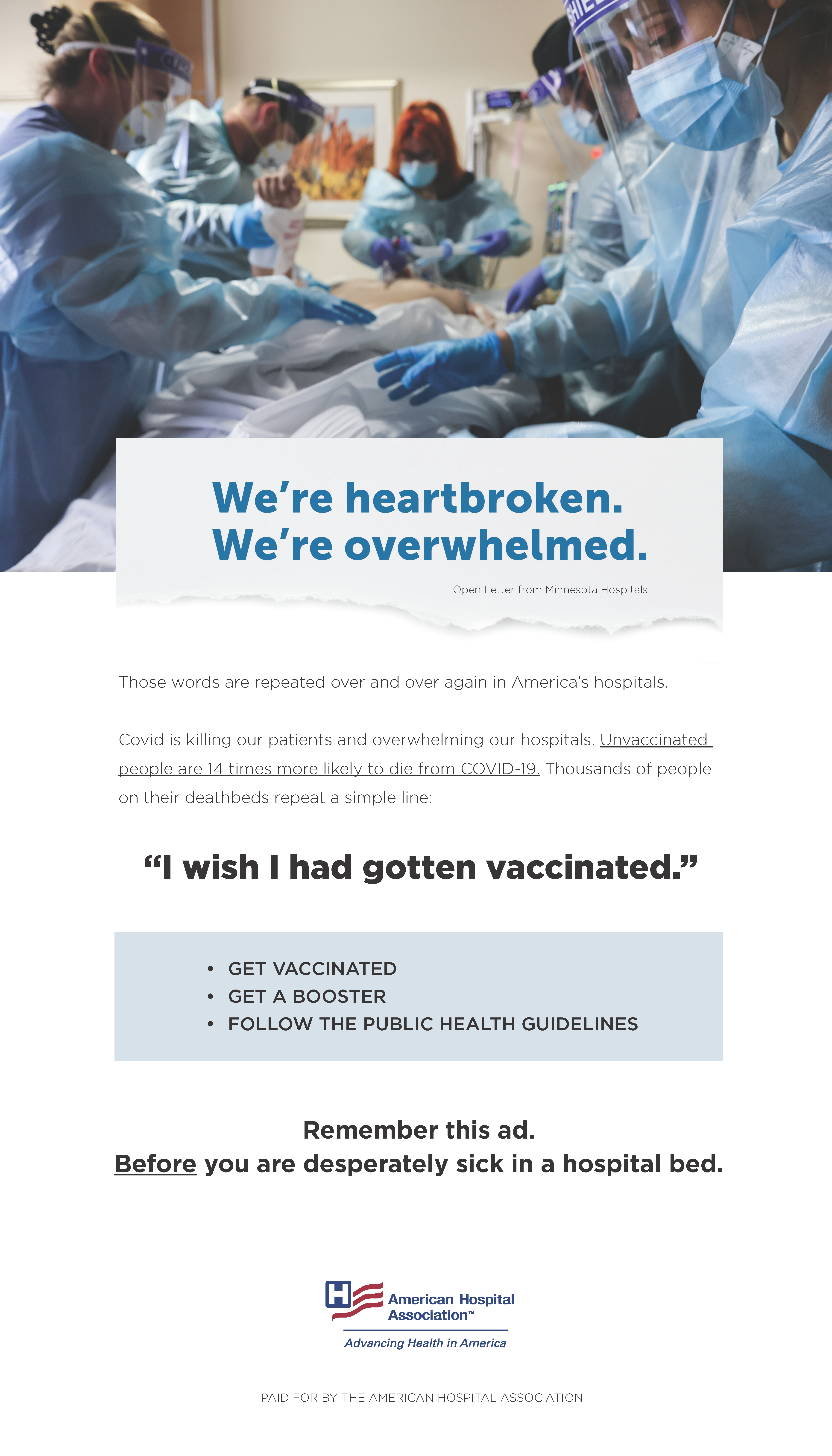

We understand.
Vaccination is not an easy decision.
But it's easier with reliable information.
We're the American Hospital Association (AHA), a national organization of hospitals, health systems and care providers. We help patients and people understand important health issues, addressing vaccine concerns and questions, together. Routine vaccination rates for children remain historically low, putting more people at risk for preventable diseases and illnesses.
You have important concerns. Let's address them.
Find a vaccine site near you.
Related Video
I Am a Provider
On the Fence
A Serious Decision

I Am a Provider

On the Fence

A Serious Decision
Resources for Hospitals and Health Systems
This content was funded in part by a cooperative agreement with the Centers for Disease Control and Prevention (grant number CK20-2003). The Centers for Disease Control and Prevention is an agency within the Department of Health and Human Services (HHS). The contents of this resource do not necessarily represent the policy of CDC or HHS, and should not be considered an endorsement by the Federal Government.
Disclaimer: The information provided on this page is based on guidance from the Centers for Disease Control (CDC) and is not intended to be a substitute for professional medical diagnosis or treatment. Always seek the advice of your physician or other qualified health provider with questions regarding a medical condition.





